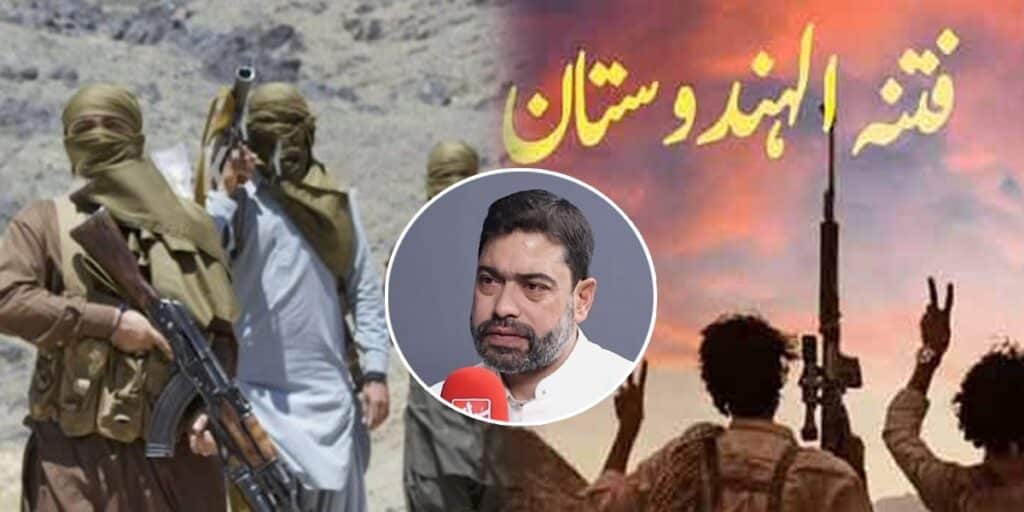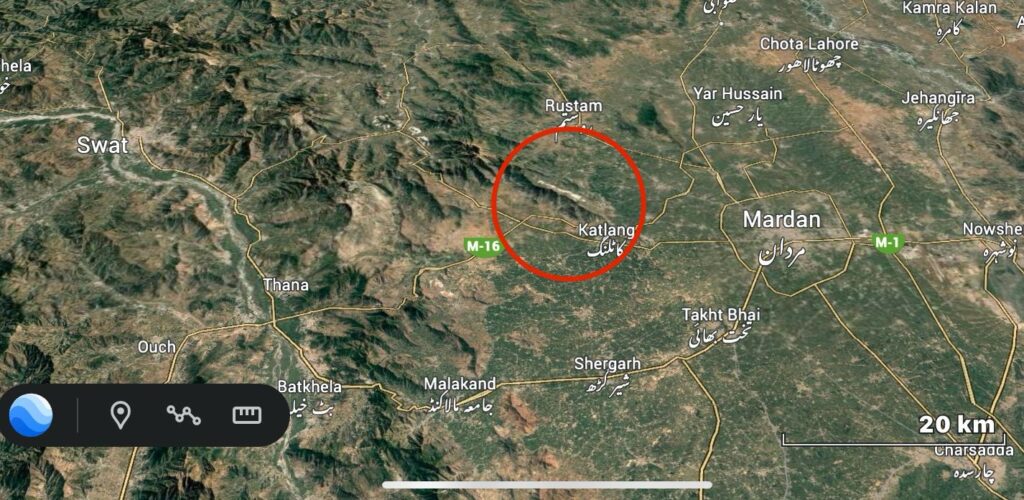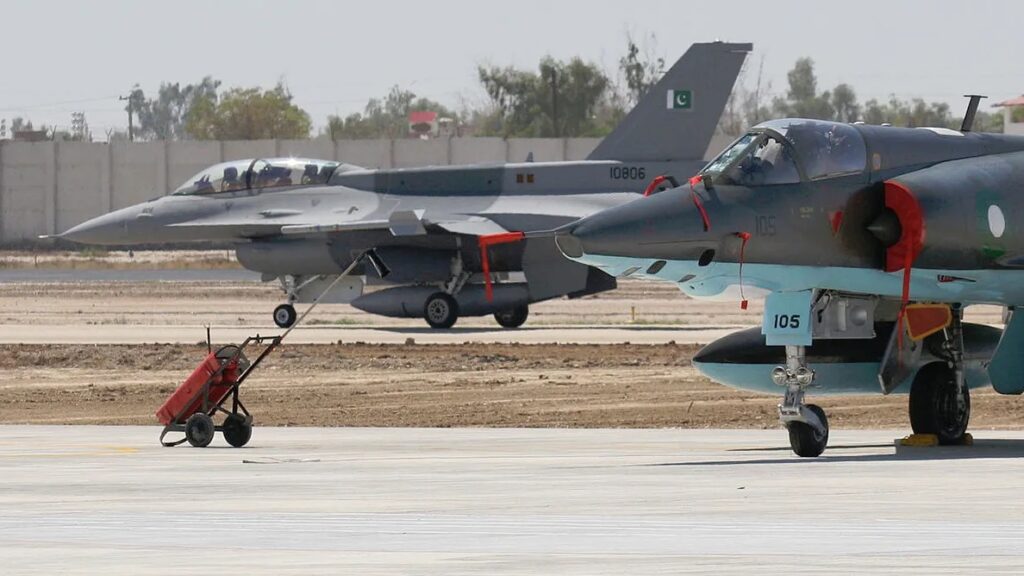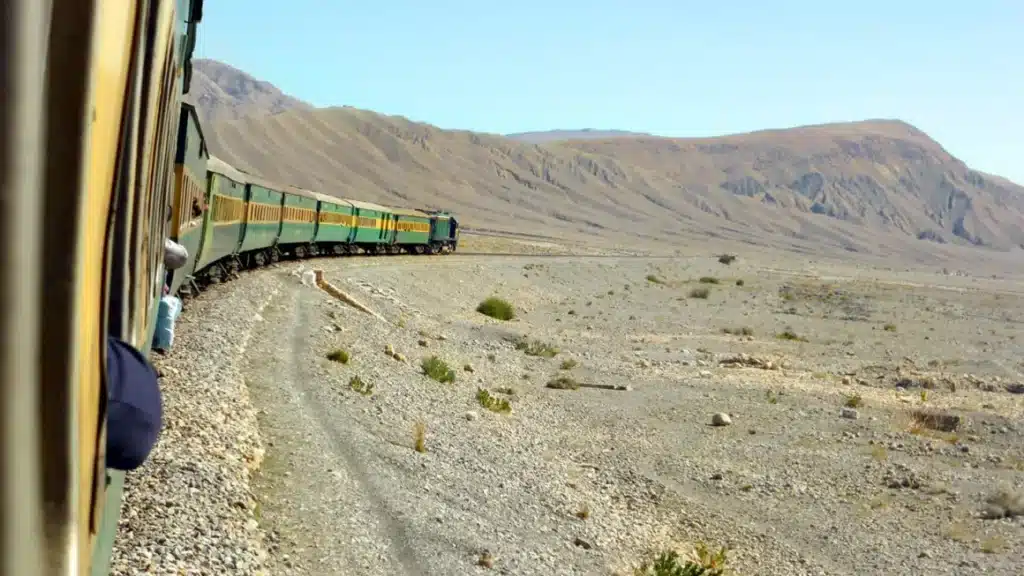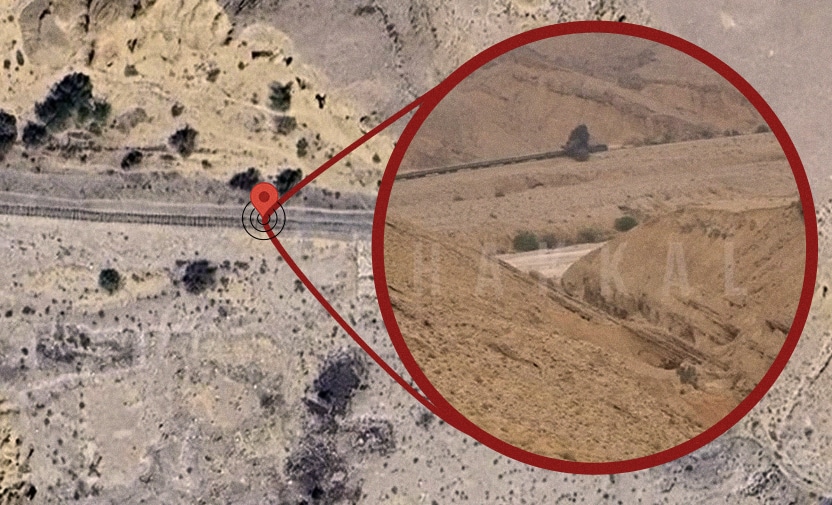By: Babar Yousafzai
In recent days, Balochistan has once again found itself at the center of targeted violence and insurgency. The Eid holidays, traditionally a time of peace and joy, were marred by the Fitna al Hindustan terrorist incidents that reflect the continued agenda of anti-state elements operating within the province. These actors, the Balochistan Liberation Army and Balochistan Liberation Front, driven by Indian interest, have shown complete disregard for human life, religion, and the sanctity of cultural traditions.
On the first day of Eid, a devastating incident occurred in Buleda, where a father and his eight-year-old son were martyred in an IED blast while heading to Eid prayers. The victim, Muhammad Amin Buledi, was not just an ordinary citizen; he was a brave and outspoken critic of the terrorist outfits of BLA and BLF. He had previously faced threats and even fought off attackers. This time, however, cowardly elements targeted him under the cover of night, planting an explosive device on his vehicle. The attack took not only his life but also that of his innocent child.
These groups operate with no sense of humanity or religious affiliation. They do not respect Eid, Ramadan, or any moral boundaries. Earlier in Ramadan, they assassinated a renowned surgeon in Quetta—someone who had served the people selflessly, treating critical illnesses such as heart disease and cancer. Such actions prove that these groups have no ideology except terror for hire.
The motive behind these attacks extends beyond mere disruption. According to intelligence and ground reports, groups like BLA and BLF record and release videos or press releases (in both English and Urdu) claiming responsibility for attacks. The purpose of English-language statements is especially telling: they aim to showcase their activities to their foreign handlers, particularly Indian agencies, to secure continued or increased funding.
These are not acts of ideology; they are transactions. Each blast, each murder, each act of terror is a currency used to purchase further operational capability from foreign sponsors. Babar Yousafzai terms this relationship as one of “contract killers”—individuals with no national loyalty, who shed innocent blood for money.
Assistant Commissioner abduction
Another shocking development was the abduction of Assistant Commissioner Hanif Noorozai, whose coerced video was released by the terrorists. His body language, facial expressions, and tone clearly show a man under extreme duress, likely reading from a script imposed on him. The aim? Again, to impress their handlers abroad and claim operational success.
Babar Yousafzai emphasises that the 36-second video is not an ideological statement but a staged production meant to gain renewed trust and funding from sponsors who had reportedly suspended support due to a lack of activity. This pattern—terror attack, media release, fund request—is a recurring tactic.
Public Rejection of Terrorism
Yousafzai also highlights a critical shift in public sentiment: the people of Balochistan are increasingly rejecting these terror groups. In places like Noshki, people are seen avoiding these militants, refusing interaction, and even fleeing upon seeing them. Claims that the public supports or serves drinks to these groups are baseless propaganda. In reality, Balochistan’s people desire peace, education, development, and dignity.
These groups do not deliver any of that. They don’t build schools or hospitals. They only destroy. Their weapons target teachers, doctors, labourers, and ordinary citizens—all in the name of a cause that has become nothing more than a lucrative racket.

